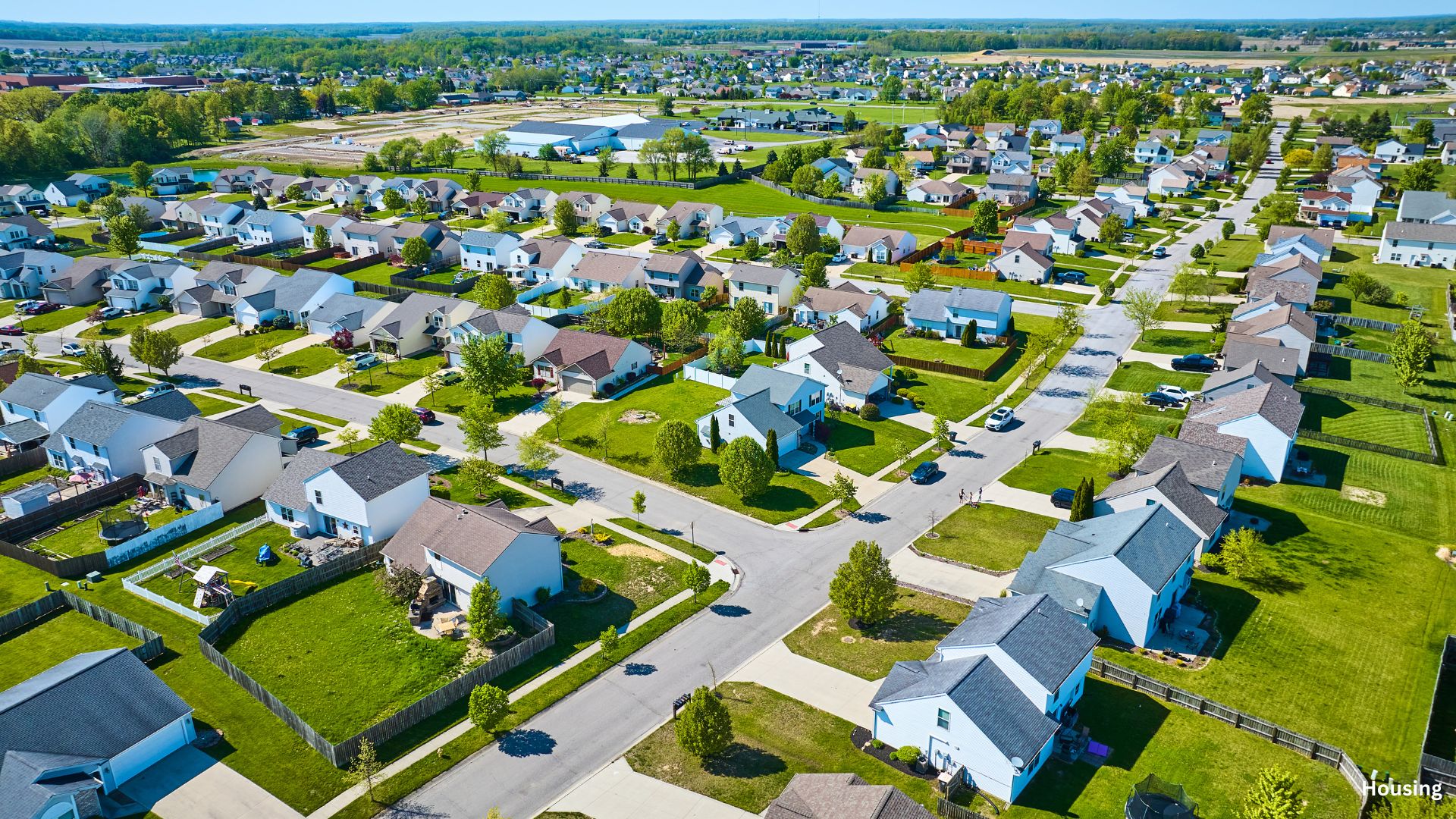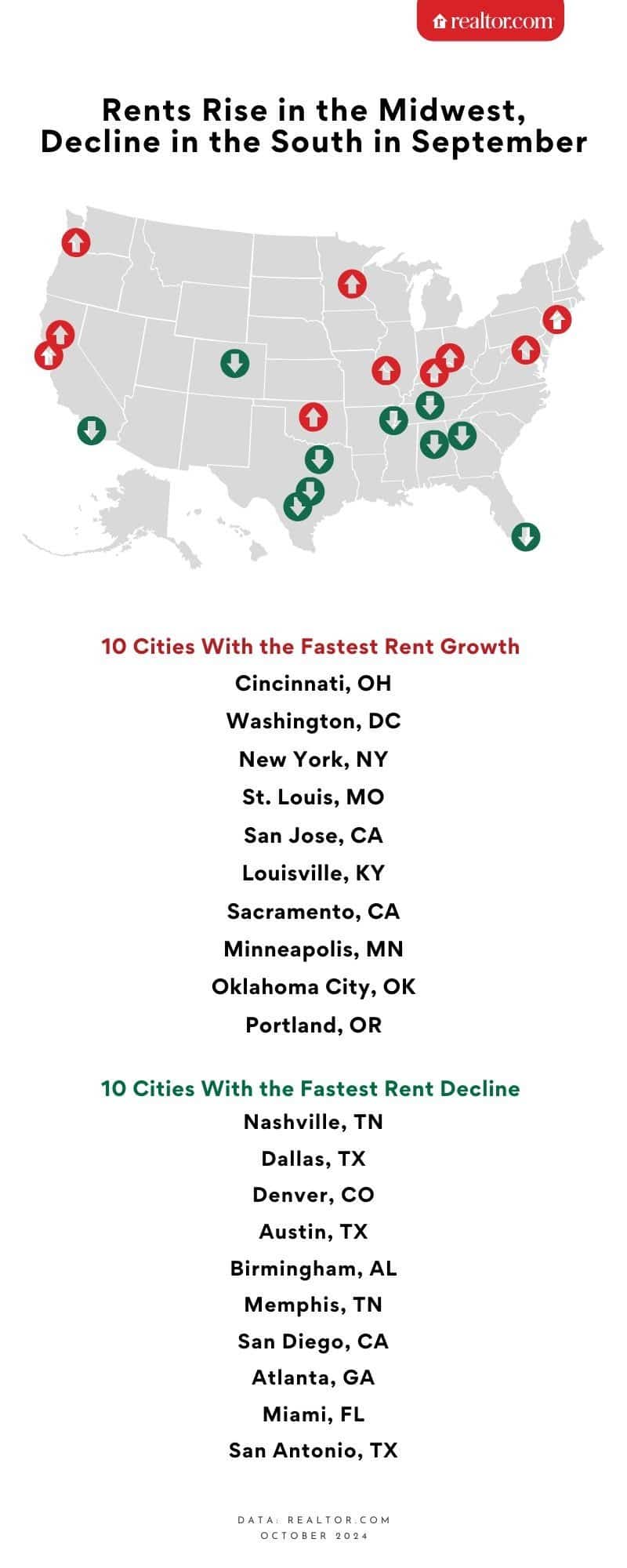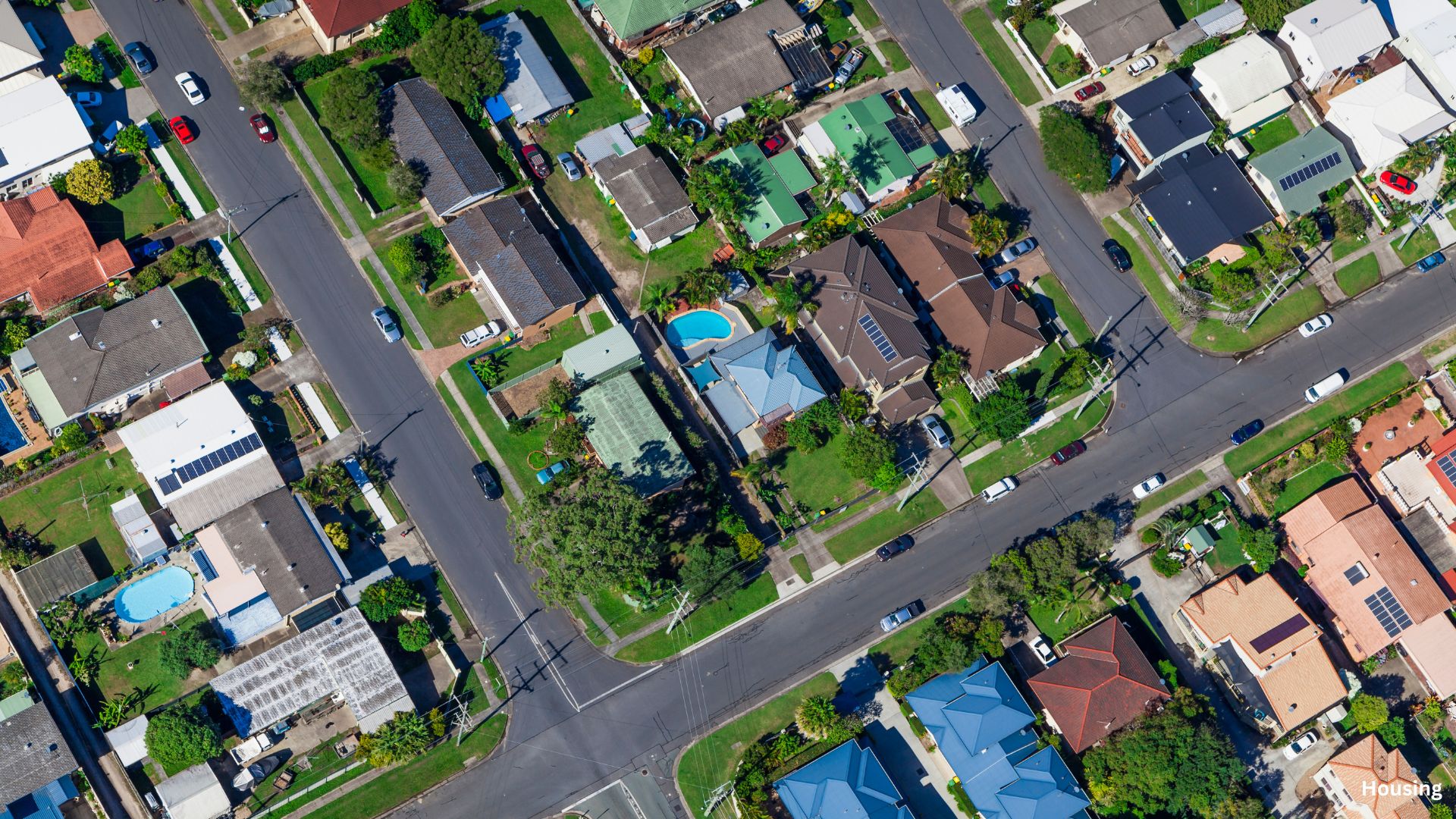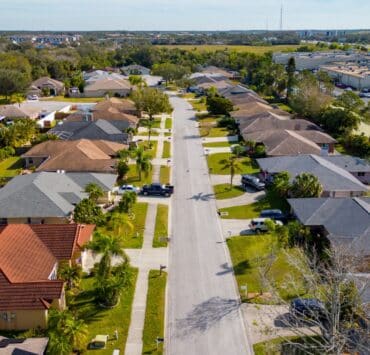In September 2024, a fascinating regional trend emerged in the U.S. rental market—rising rent in the Midwest and declining prices in the South. According to a report from Realtor.com, while the overall rental market saw a slight decrease in prices for the 14th month in a row, certain Midwestern cities experienced significant rent increases. This regional divergence highlights how local factors such as labor markets and housing supply are impacting rent trends.

Rising Rent in the Midwest – Why?
The rising rent in the Midwest is driven by several factors, with supply and demand dynamics playing a key role. Danielle Hale, chief economist at Realtor.com, explains that the Midwest’s affordability and a robust labor market have led to higher demand, outpacing the supply of rental housing. Cities such as Cincinnati, Washington, DC, and New York saw the fastest rent growth in September 2024, with Cincinnati leading at 3.4%. Strong labor markets, such as St. Louis and Minneapolis, where unemployment rates are below the national average, are pushing demand for rental units, resulting in increased prices.
Midwestern cities have become more attractive to renters due to their relative affordability compared to the expensive housing markets in the Northeast and West. With more people moving to these areas for job opportunities and affordable living, landlords have been able to raise rental prices.

Cities Experiencing the Fastest Rent Growth
In September 2024, cities in the Midwest dominated the list of metros with the fastest-growing rents. Here are the top markets where rental prices rose:
- Cincinnati, OH – 3.4% increase
- Washington, DC – 2.9% increase
- New York, NY – 2.8% increase
- St. Louis, MO – 2.6% increase
- San Jose, CA – 2.6% increase
The rising rent in the Midwest reflects the growing demand for affordable living spaces in cities with strong economic conditions and lower unemployment rates.

Why Are Rents Falling in the South?
Conversely, the South has seen a decline in rent prices, with eight of the top ten markets experiencing annual rent decreases located in the region. Cities like Nashville, Dallas, and Austin have all seen significant declines in rent, with Nashville leading the way with a 4.8% drop in rent prices year over year. Realtor.com’s report attributes this trend to the surge in multifamily housing developments, which is increasing rental supply and reducing competition among renters.
As more housing becomes available, renters in Southern cities have more options, forcing landlords to lower prices to remain competitive. This is especially evident in cities like Birmingham, Memphis, and Atlanta, where new apartment developments are driving prices down.
Cities Experiencing the Fastest Rent Decline
Here are the top cities with the steepest rent declines in September 2024:
- Nashville, TN – 4.8% decrease
- Dallas, TX – 4.0% decrease
- Denver, CO – 4.0% decrease
- Austin, TX – 3.7% decrease
- Birmingham, AL – 3.5% decrease
This regional shift is driven by the housing supply’s growth and the easing competition in the Southern rental markets.

What This Means for Renters
As rising rent in the Midwest continues due to affordability and strong job markets, renters in the South are benefiting from a cooling rental market driven by increased supply. This regional divide highlights how local factors such as housing availability and employment rates are shaping the U.S. rental landscape.

With the Midwest showing no signs of slowing down in rent growth and the South continuing to see declines, renters may have to consider these trends when deciding where to live. As Realtor.com’s report suggests, those seeking affordability may increasingly look to Midwestern cities for job opportunities and reasonably priced rentals, while the Southern markets could continue offering relief to renters looking for lower prices.








